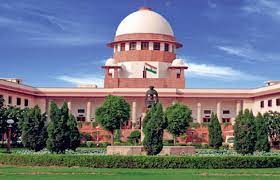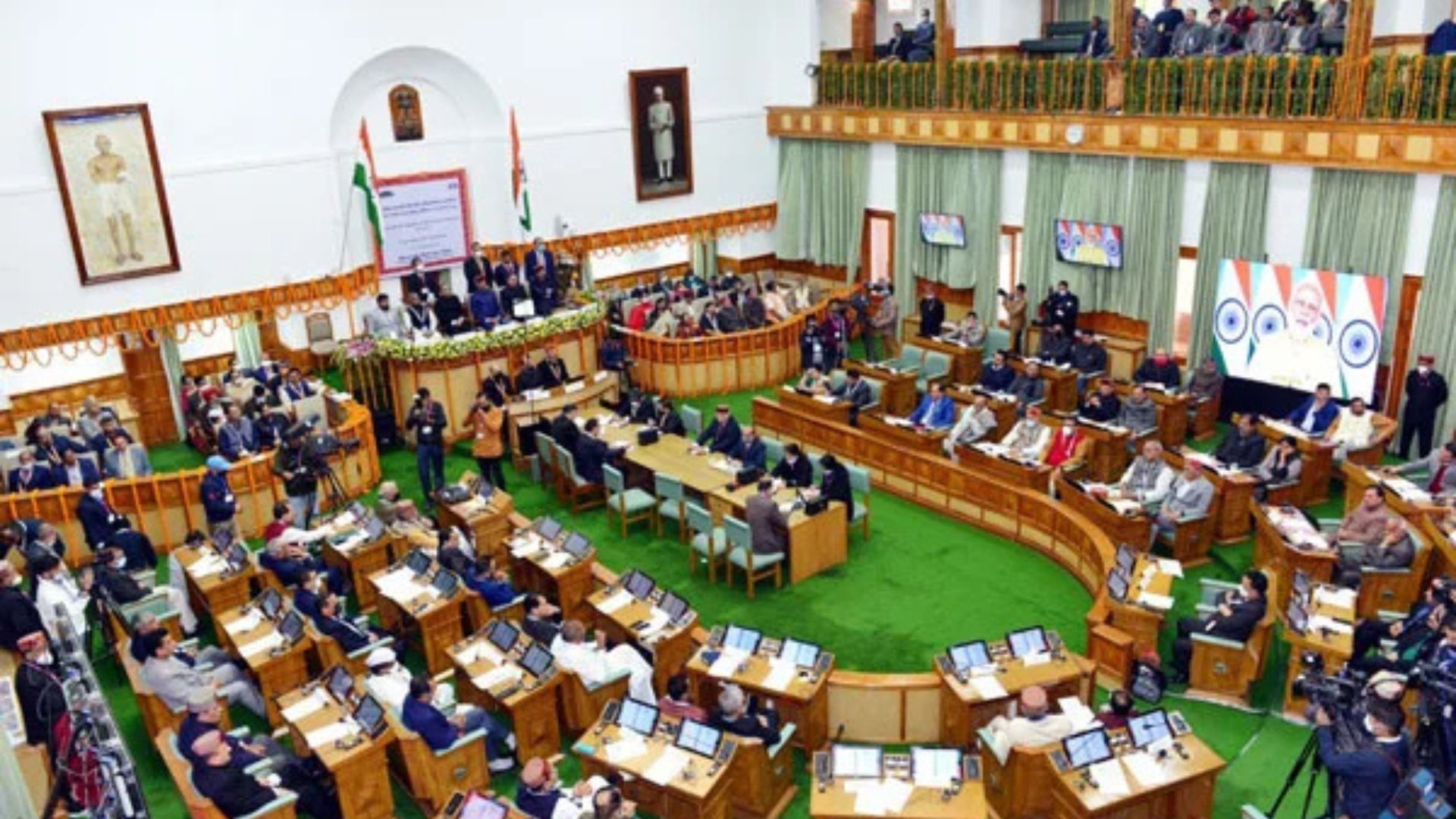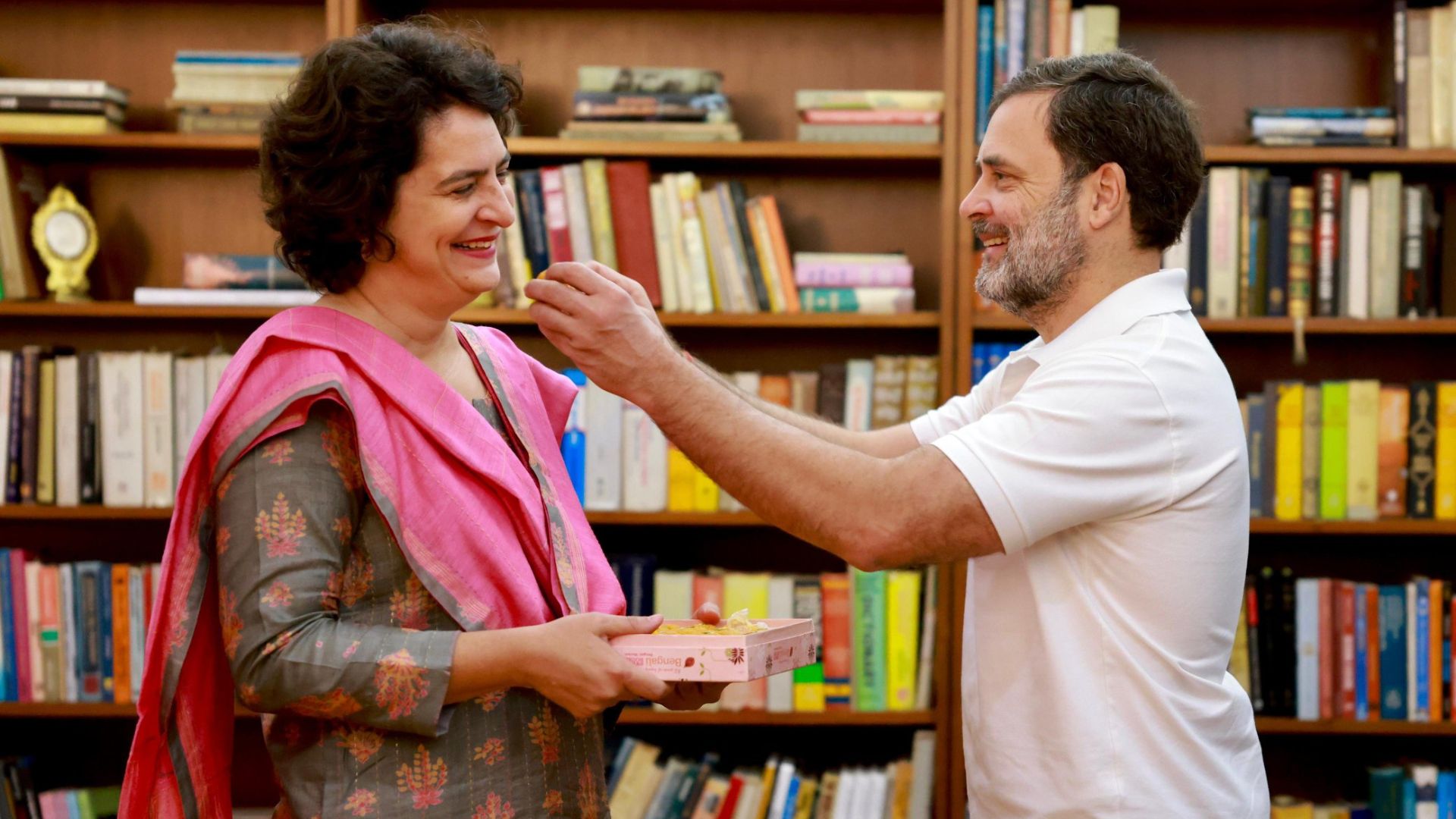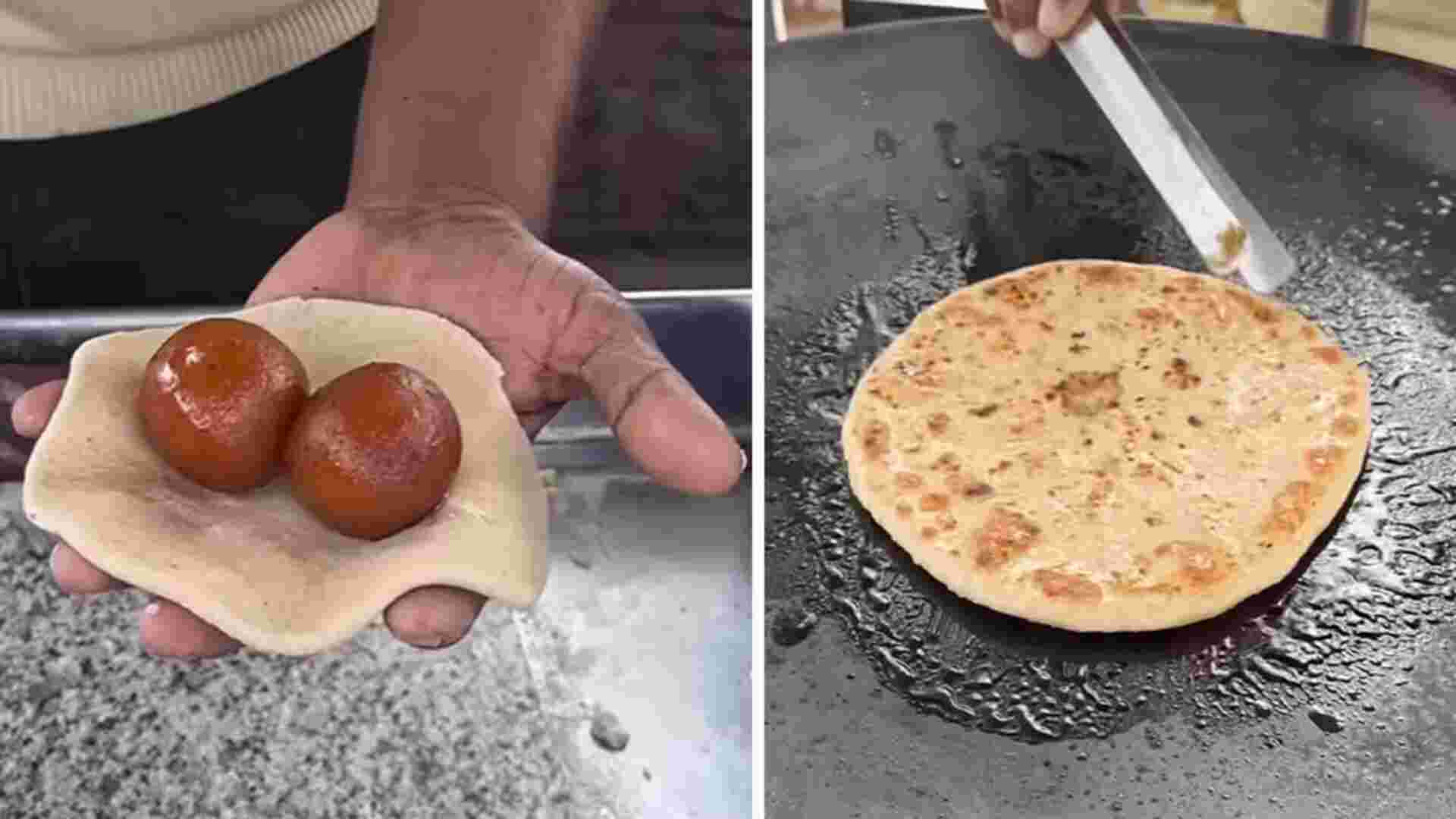
The Supreme Court in the case Anil Kumar vs State of Haryana observed and has held that the period of parole granted to prisoners which being during the COVID-19 pandemic period for preventing the overcrowding of prisoners which cannot be counted towards the period of actual imprisonment being underwent by the prisoner.
The bench comprising of Justice MR Shah and Justice CT Ravikumar in the case observed and has dismissed a writ petition filed by a prisoner who sought for a declaration that the period of parole being granted and which is allowed by the High Powered Committee during the pandemic based on the orders passed by the Supreme Court in the suo motu in the case of Re Contagion of COVID 19 virus in Prisons which the court stated that the same is to be counted towards the period of actual sentence.
In the said case, the bench also relied on the recent judgment in the case Rohan Dhungat vs State of Goa and Ors, wherein the court held that the parole period cannot be counted towards that of the period of actual sentence.
In the present case, the petitioner was sentenced to undergo life imprisonment for the offence of murder and the petitioner actually has to undergo the said imprisonment and the same being subject to any policy on remission and the period during which the petitioner was being released on emergency parole has to be excluded from the period of actual imprisonment.
It has been argued by the petitioner before the court that since the parole was allowed on account of COVID-19 pandemic being as per the directions of the HPC and as it has not been asked by the petitioner, the period spent on such parole should be excluded.
It has also been argued by the lawyer of the petitioner that this being not a regular parole. Thus, it being involuntary and I did not ask for it. Therefore, there being huge overcrowding in the prisons. (If it is not being for the parole), the same would have added to the number of deaths in prisons during COVID.














